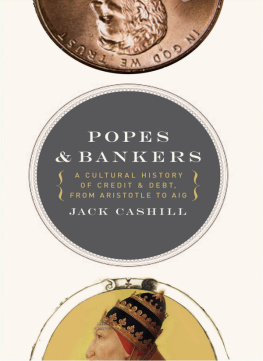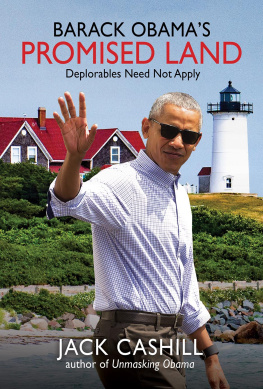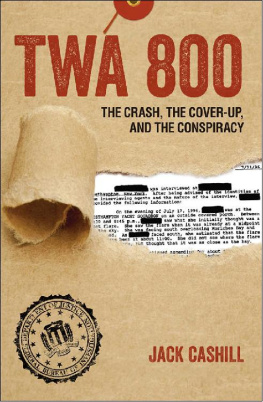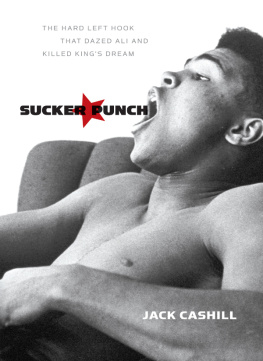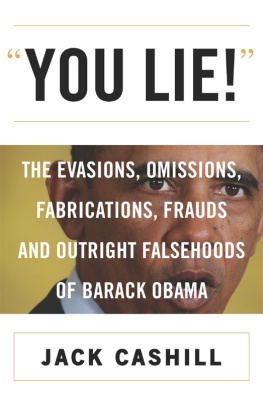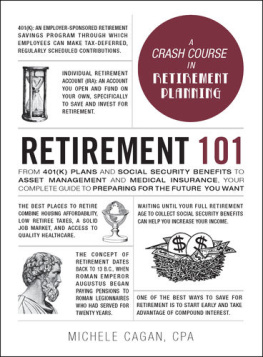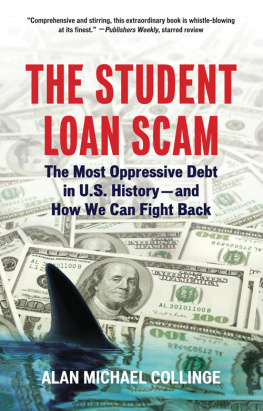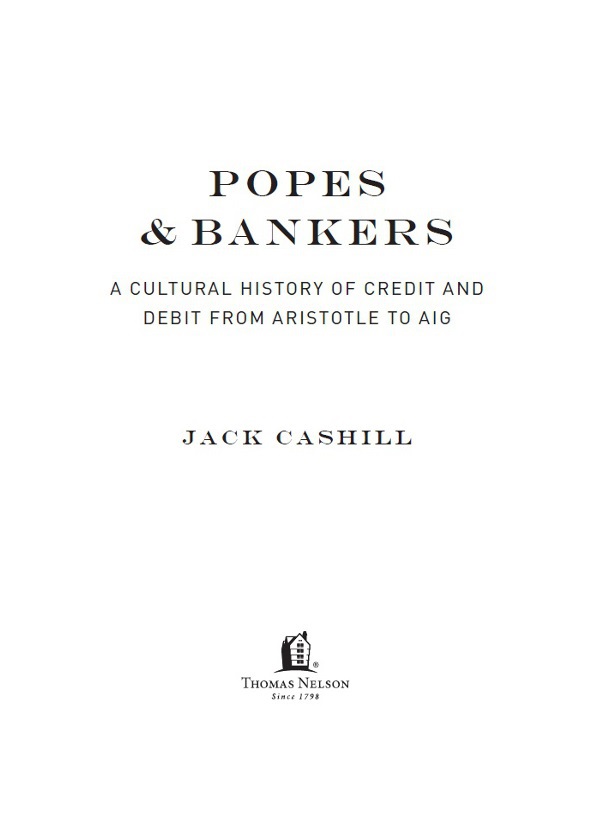All rights reserved. No portion of this book may be reproduced, stored in a retrieval system, or transmitted in any form or by any meanselectronic, mechanical, photocopy, recording, scanning, or otherexcept for brief quotations in critical reviews or articles, without the prior written permission of the publisher.
Published in Nashville, Tennessee, by Thomas Nelson. Thomas Nelson is a trademark of Thomas Nelson, Inc.
Thomas Nelson, Inc., titles may be purchased in bulk for educational, business, fund-raising, or sales promotional use. For information, please e-mail SpecialMarkets@ThomasNelson.com.
Unless otherwise noted, all Scripture references are from the King James Version.
Cashill, Jack.
Popes and bankers : a cultural history of credit and debit from Aristotle to AIG / Jack Cashill.
p. cm.
Includes bibliographical references.
1. Banks and bankingHistory. 2. CreditHistory. 3. UsuryHistory. I. Title. HG1551.C37 2010
Please note that footnotes in this ebook may contain hyperlinks to external websites as part of bibliographic citations. These hyperlinks have not been activated by the publisher, who cannot verify the accuracy of these links beyond the date of publication.
MICHAEL RADFORDS 2004 FILM VERSION OF WILLIAM SHAKESPEARES The Merchant of Venice opens as follows: A boatload of mean-looking monks floats along a Venetian canal, holding crucifixes and chanting vile imprecations, as monks in movies are wont to do. They pass a sophisticated group of Venetians wearing funny masks with phallic noses and cavorting with half-naked floozies. The floating monks now approach a bridge crowded with red-faced religious fanatics. Egged on by the monks, the fanatics beat the red-capped Jewish usurers in their midst and casually chuck them into the eco-unfriendly canal below.
Just another day in Christian Venice.
Be assured, this is not Venice as Shakespeare imagined it. The Bard liked his Venetian merchants and at least respected the usurer Shylock. Rather, this is Venice as Radford sees it, and his view is not at all exceptional. How these sophisticates, fanatics, and usurers would turn Christendom into the worlds freest, richest, and most enduring commercial civilization is a question Radford and most of his peers could not begin to frame, let alone answer.
It is much remarked in the literature of credit that only Jews and Christiansof all ancient peopleheld usury to be sinful. Yet they also collaborated almost exclusively in the creation of the Wests extraordinary economy. Is it possible that monks and other Judeo-Christian moralists were useful, maybe even essential, to the creation of this economy? If so, then is it possible that their dismissal from the marketplace has condemned us to our current economic purgatory?
These questions, one suspects, are also beyond Radfords grasp, beyond the grasp of most economists for that matter, but they deserve to be addressed. By tracing the history of credit and debt, or usuryas lending at interest was widely called until at least AD 1800we can begin to answer them.
For the record, the word usury comes rather directly from the Latin usura, which means the charging of interest on loans, any interest. As we shall see, the larger history of credit and debt is in its essence a history of mans struggle to make sense of Gods law. Given the limits of human nature, man never quite succeeds. And yet the creative tension between pious restraint on the one hand and economic ambition on the other has made us as prosperous as we are. The struggle continues.
BOSTON IS THE HOME OF ONE MELONIE GRIFFITHS-EVANS. WERE SHE TO DIE unrepentant, which seems likely, she might well find herself in the fourth circle of Dantes Inferno among the prodigals. A word used less today than it ought, prodigal simply means given to excessive or imprudent spending. The prodigals have long been with us. For, as has been said, Aristotle writes in the Nicomachean Ethics, he is liberal who spends according to his substance and on the right objects; and he who exceeds is prodigal. Prodigals matter here because historically they have kept lenders in business. They still do.
The ethics surrounding credit and debitor debt, for our purposesfind expression in the oldest written records, those of the Greeks and the Hebrews. But the real history predates that, as the Mesopotamians kept records of borrowing and lending on stone tablets. And yet even when the terms of a loan were literally written in stone, people sought to evade them, most typically prodigals like the aforementioned Ms. Griffiths-Evans.
Fortunately for Griffiths-Evans, she has the sympathetic David Koeppel of MSN Money to chronicle her tale, not the judgmental Dante Alighieri. As Koeppel tells it, in 2004 Griffiths-Evans contracted to buy a $470,000 home in Bostons Dorchester section with no down payment. She claims to have been looking for an apartment, but those that suited her fancy cost about $5,000 to $6,000 a month. At that time, the amount was more than she could afford. Landlords, after all, demand rent. Lenders can be more flexible. Ambitious beyond her means, Griffiths-Evans heeded their siren song.
The first question the obliging Koeppel asks her in a recorded interview is, Was your loan a predatory loan? Griffiths-Evans answers without hesitation, It definitely was. To swing the deal, she took out a fairly standard 8.5 percent loan on 80 percent of the purchase price. Lacking the traditional 20 percent down payment, she took out a second loan at a whopping 12.5 percent. Her combined monthly payment ran roughly $3,500 a month to begin, increasing as the loan adjusted.
Historically, lenders would not have allowed that size of a payment for anyone making less than about $200,000 a year, presumably more than Griffiths-Evans earned as a part-time teacher. But lenders in the first years of this new century were encouraged to accommodate people like Griffiths-Evans. She got the money. Still, she claims her lender told her that she could soon refinance into a lower-cost, fixed-rate mortgage. That is where it became predatory, she reassures herself and Koeppel.
There is nothing unique about Griffiths-Evans. A million Americans just like her have unwittingly conspired to wreck the worlds economy. Writing twenty-three centuries ago, Aristotle sniffed out their ambitions:
They become apt to take because they wish to spend and cannot do this easily; for their possessions soon run short. Thus they are forced to provide means from some other source. At the same time, because they care nothing for honor, they take recklessly and from any source.
What changed over time, as shall be seen, was the nations willingness to oblige its prodigals. To fix her innocence, Koeppel asks Griffiths-Evans no questions about her elusive husband, her income, her seeming inability to save money, her job prospects, the alleged cost of rental housing, or any potential plans she might have had to surf the rising tide of real estate prices and flip the house for a profit, plans possibly swallowed in the subprime morass.

